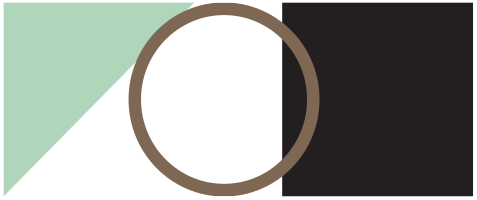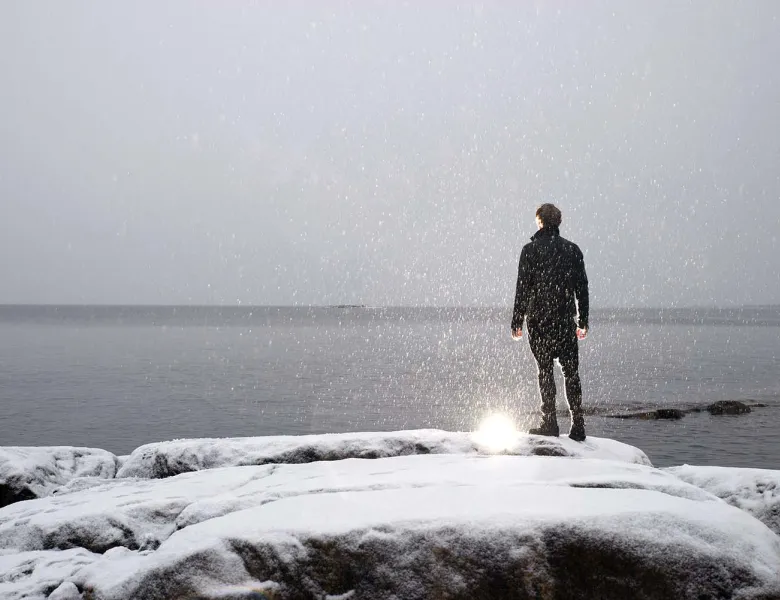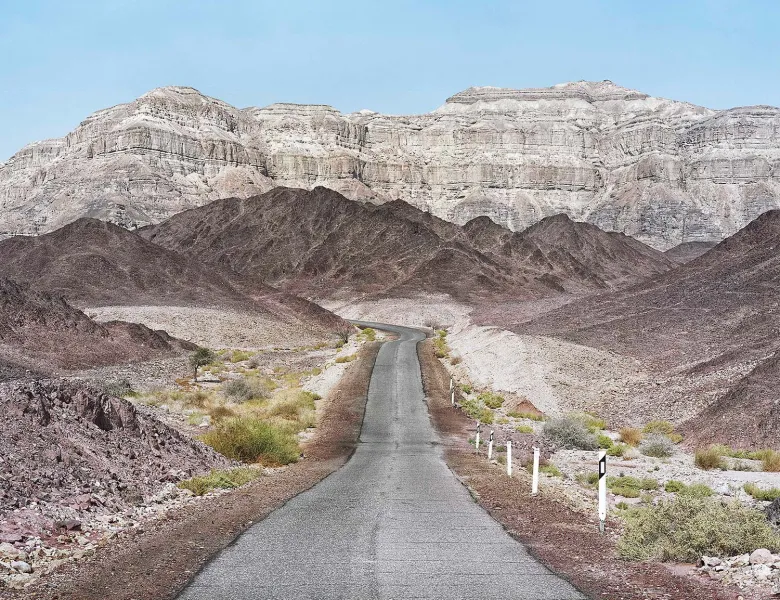After war: Documenting the visible and the unseen
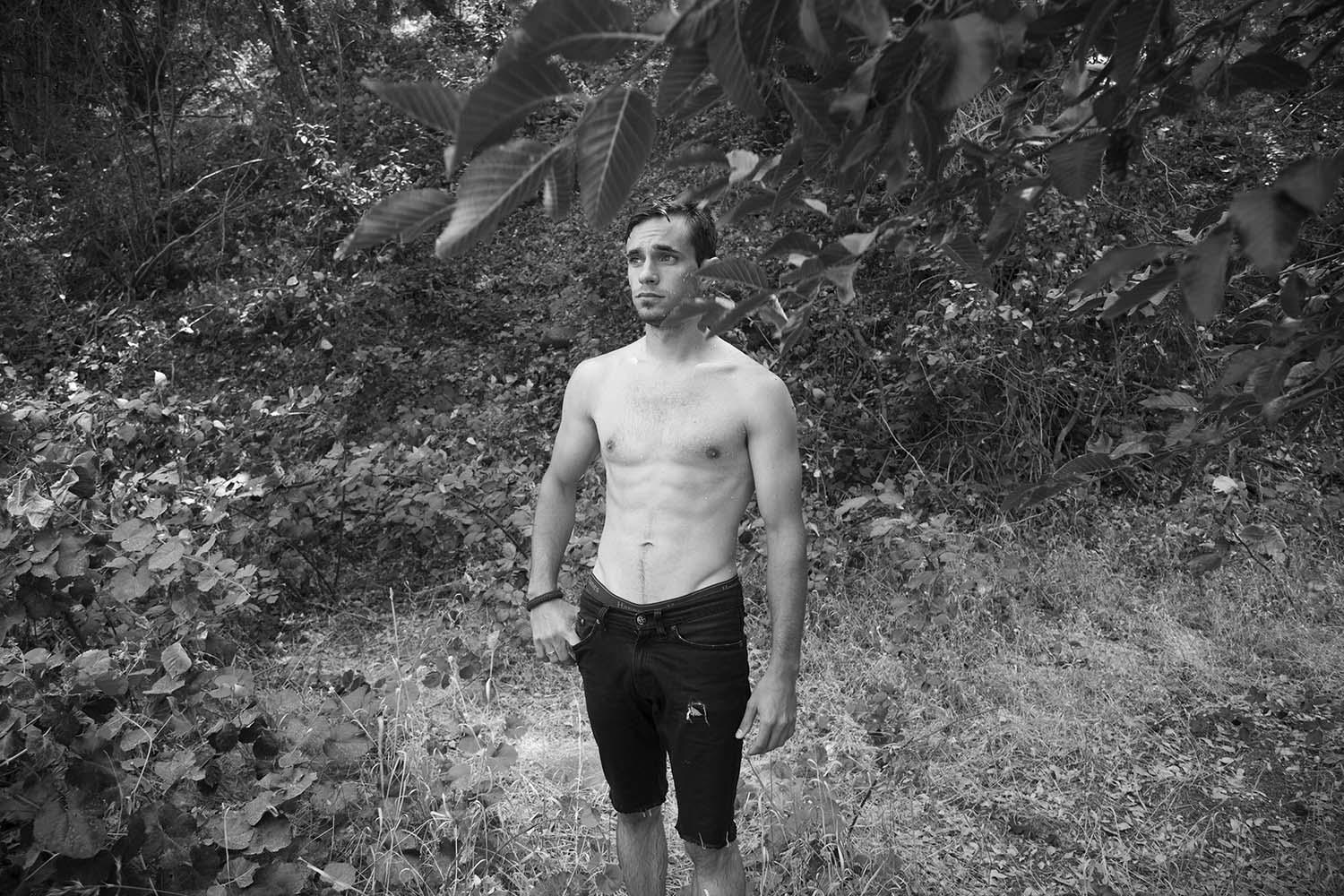
This blog is part of a series of exclusive interviews with the winners of United Photo Industries’ (UPI) pioneering Brooklyn-based public photography installation THE FENCE.
---
Teri Fullerton completed a Master in Fine Arts, from the Minneapolis College of Art and Design, a Master of Education at Portland State University and a Bachelor of Social Work from California State University Sacramento. She currently holds the position of Lecturer at the University of Colorado, Denver and was an Assistant Professor at the University of Minnesota, Minneapolis. Her work has been exhibited in solo and group exhibitions across the United States and internationally.
Teri's work examines idiosyncratic topics ranging from Internet dating to the connection between awe and the sublime. Other topics of research include military families, soldiers that have gone to war and the actions of camouflage.
Hi Teri. Talk to us about your series 'After War' - Where and why did this project come about?
My brother went to war. He was an Apache helicopter pilot and served two tours in Iraq. Inherit within this experience is the intimate exploration of what it means to feel disconnected from one’s former self after experiencing war. This is not the case for all, but it is for many. Soldiers return with visible wounds, but also with those that remain largely concealed; post-traumatic stress disorder, traumatic brain injury, and major depression are the most common. Also, there is what the US Department of Veterans Affairs refers to as 'moral injury'.
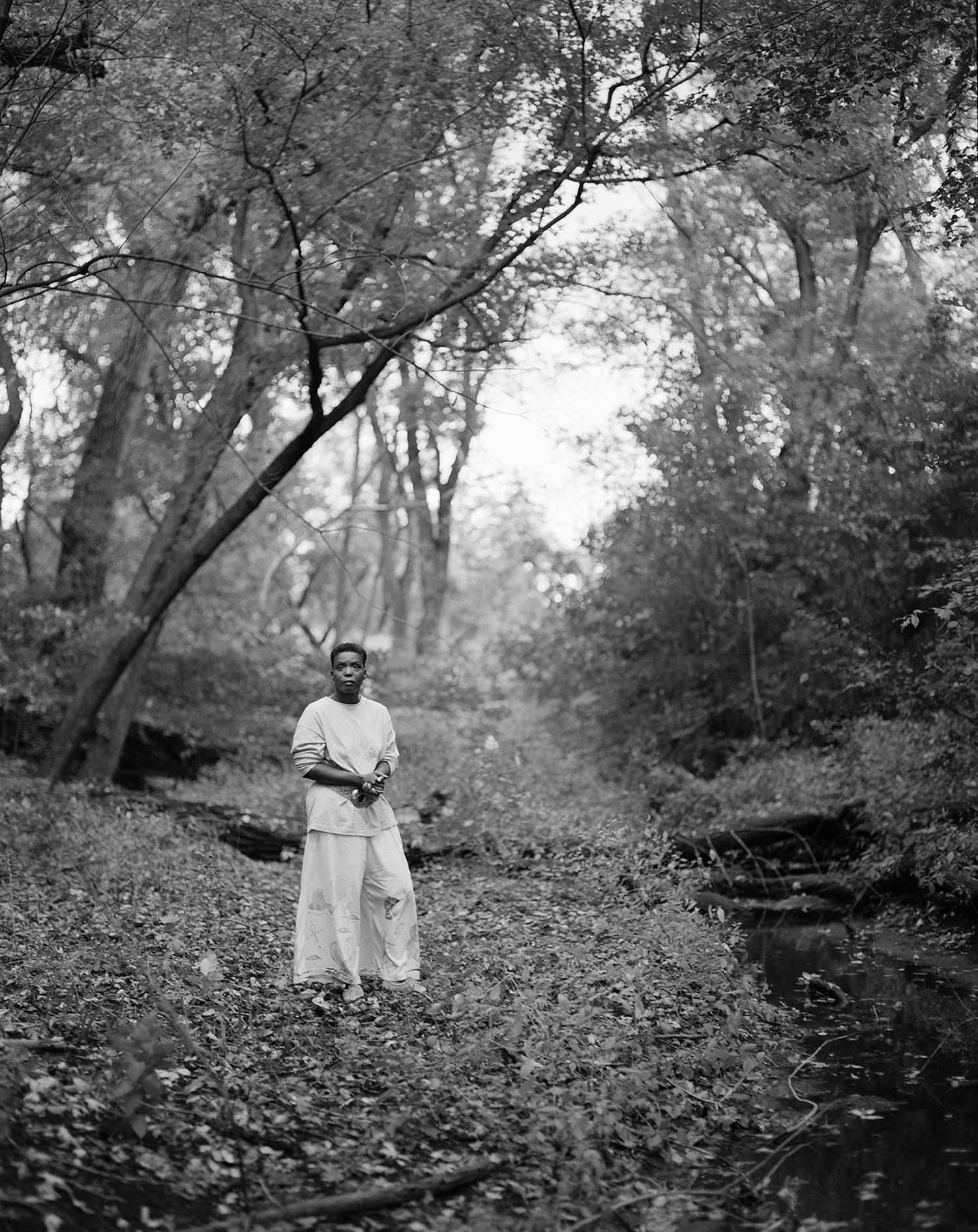
What do you hope the project conveys?
I hope it conveys an insight into the experience of a soldier and acts as an invitation to bear witness to what is for most of us largely unseen.
Why photography? What does the medium mean to you?
My father was a self-taught photographer. He’d take a 4x5 camera on his motorcycle and head to Mexico. I believe I romanticized the patient, quiet, interior nature of photography at a young age. Photography, like all art forms, is a means for communication. I also utilize video, books and installation. Another part of the 'After War' project consisted of videos of soldiers swimming in natural bodies of water. Water is used as a stand-in for the displacement that many soldier experience after returning from war. A place that is neither here nor there. I appreciate the challenge of conveying some form of a narrative in a still image.
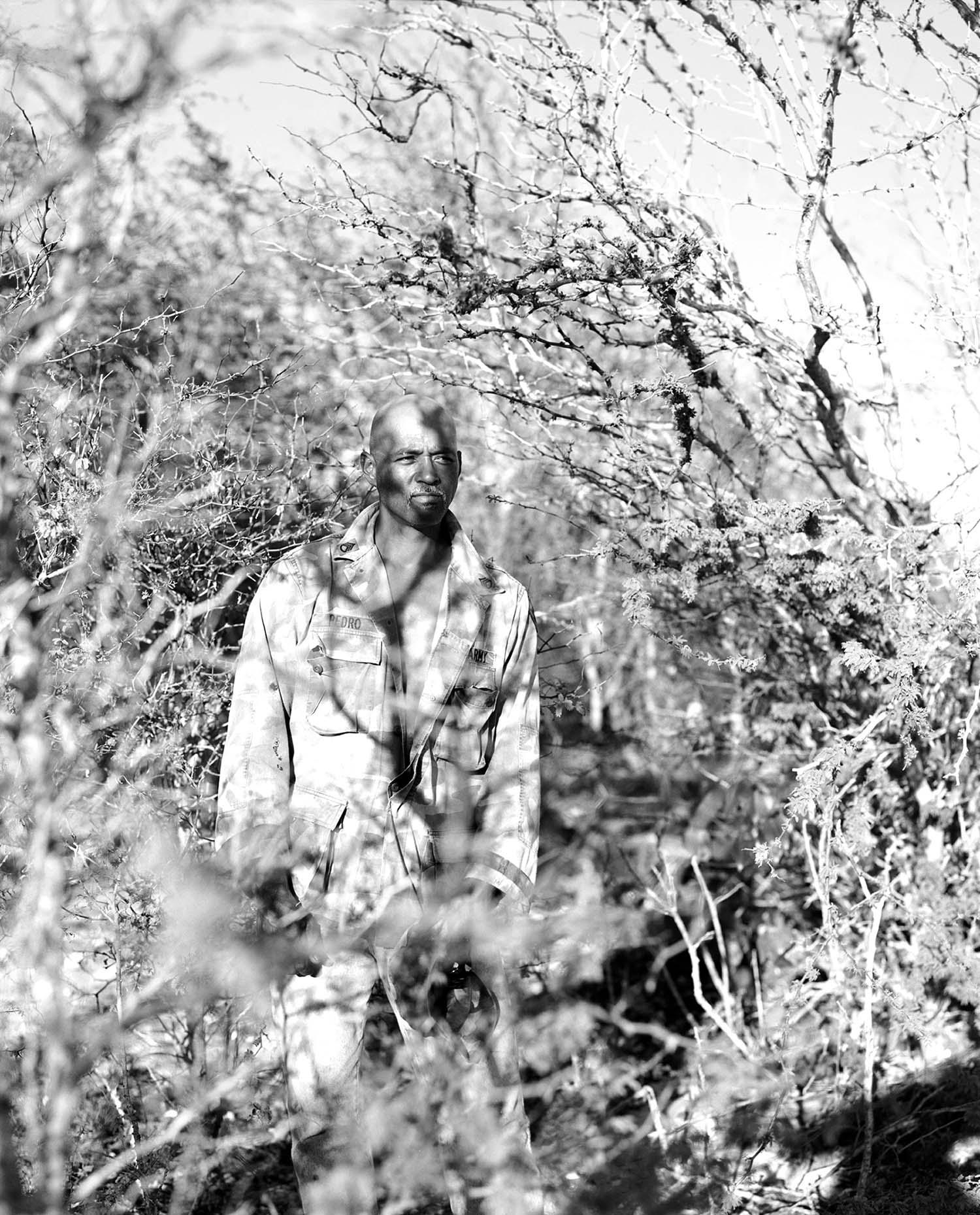
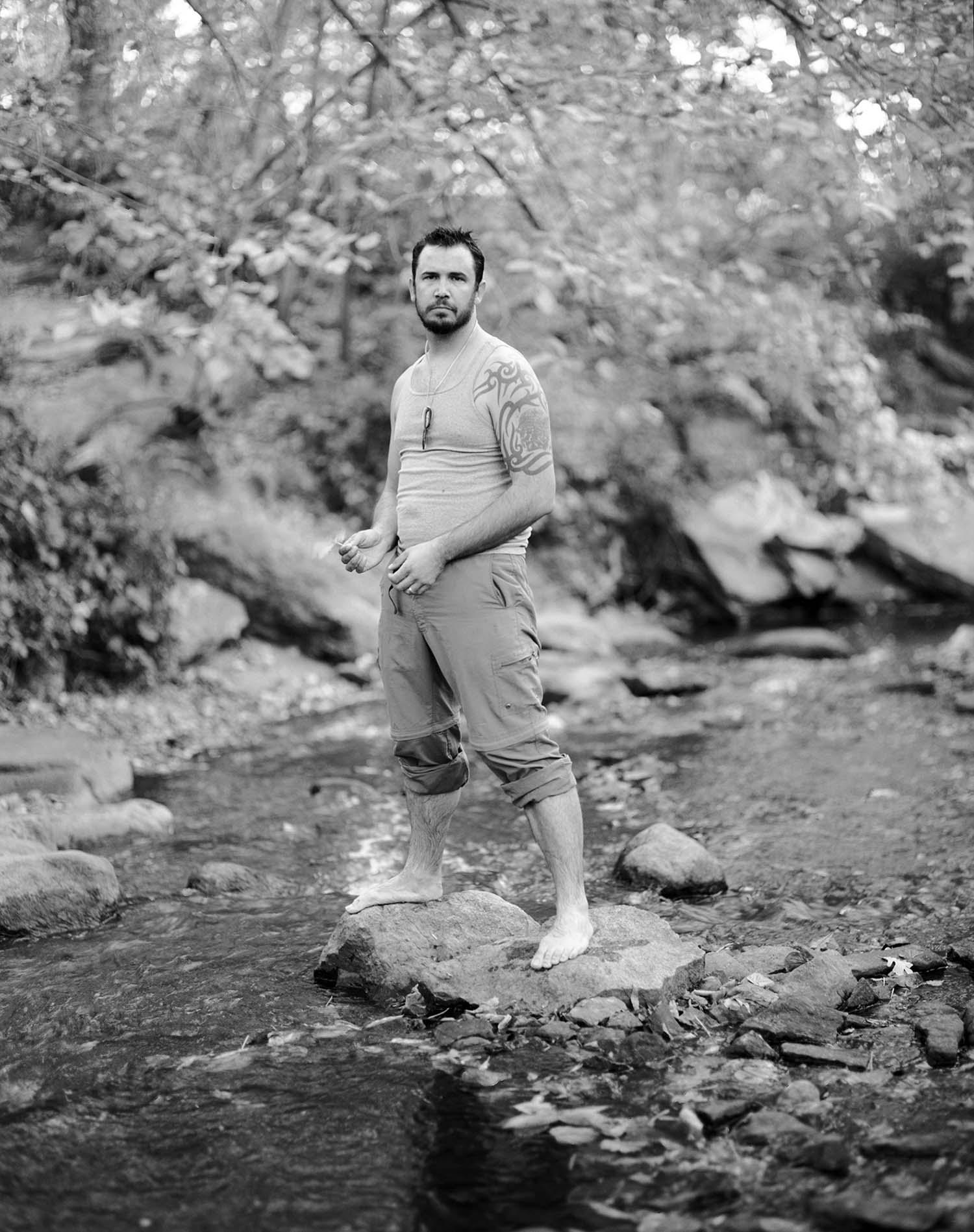
Do you have a photographic philosophy?
I typically find photographic work that asks open questions and makes observations more interesting than work that is easy to digest. I also like to think of the Garry Winogrand quote, "A photograph is not what was photographed, it's something else."
Where do you find your inspiration?
I find it in literature, film, music, art, world events and nature. I grew up in South Lake Tahoe, California. The Tahoe National Forest was literally in my backyard. Currently living in Colorado I spend a lot of time in the mountains. I also teach photography at a university and as such, it is my job to be a conduit to the art world for my students.
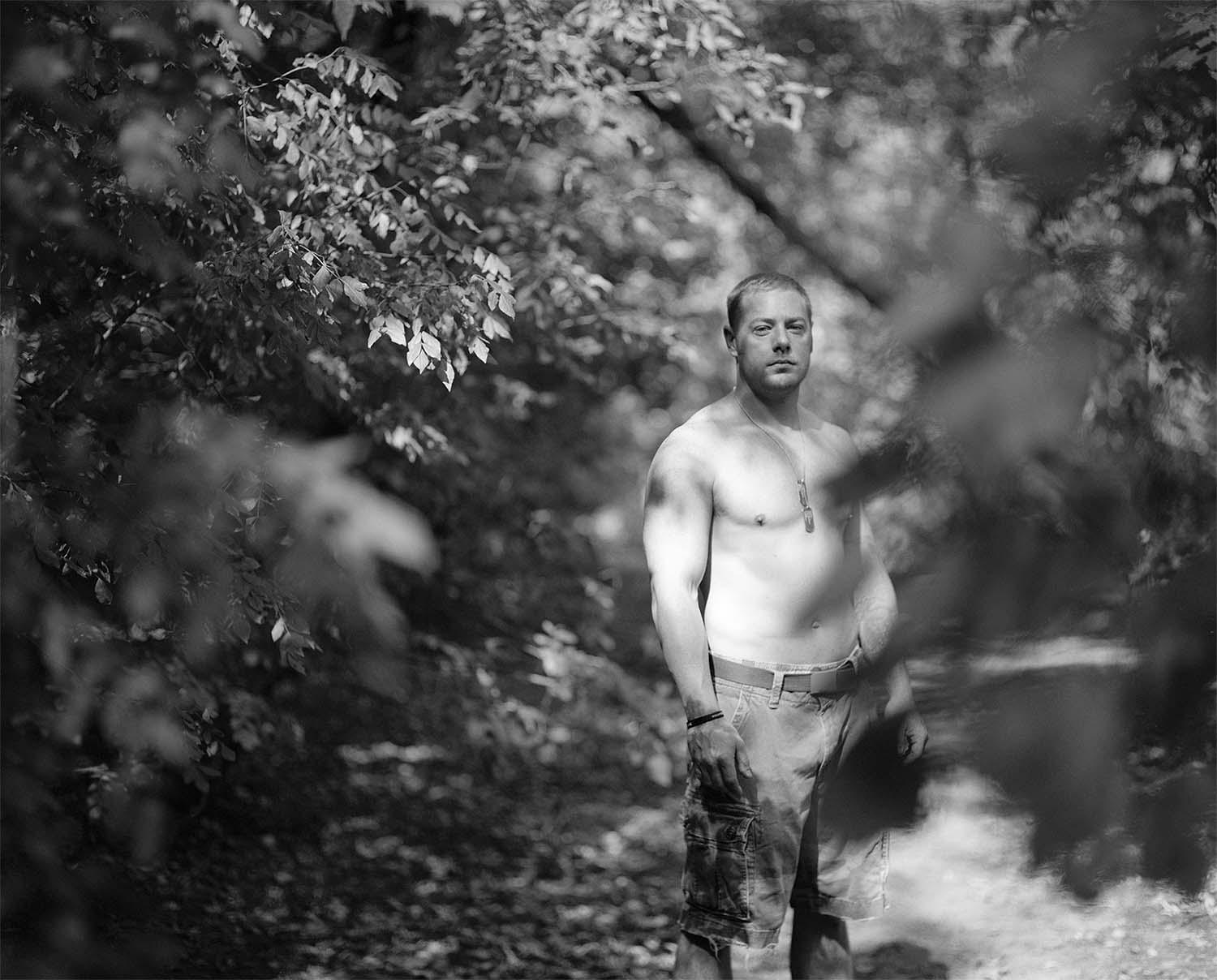
Where in the world are you, what’s next for you?
I recently moved to Denver, CO. I’ve been making a lot of abstract landscape photographs that address man-made concepts that are odds with nature. I also plan to continue working with soldiers. This time with a focus on soldiers who have served near open burn pits and have reported respiratory symptoms and health conditions that may be related to exposure to these pits.
terifullerton.com
fence.photoville.com

